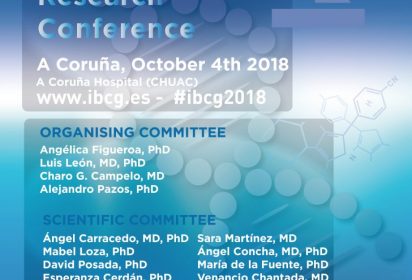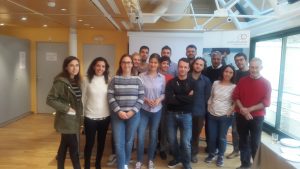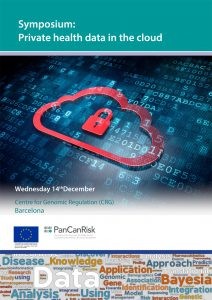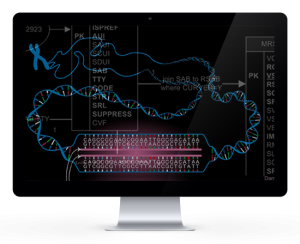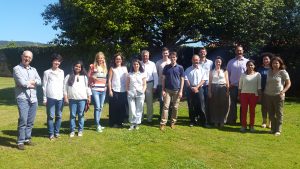The Biomedical Research Institute A Coruña (INIBIC) organizes the V Edition of Biomedical Cancer Research Conference in Galicia (IBCG-2018). On October 4th, Ceres Fernández, will be sharig an oral communication on PanCanRisk’s results.
This conference will bring together basic and clinical experts who are working on the most innovative current research topics in human malignancies and animal models, including inmunooncolgy, metastasis-associated microbiota, tumor heterogeneity, cancer and inflammation and novel therapies. The purpose of this conference is to provide a stimulating and interactive environment, including a session to promote the participation of researchers at early stages of their training.

